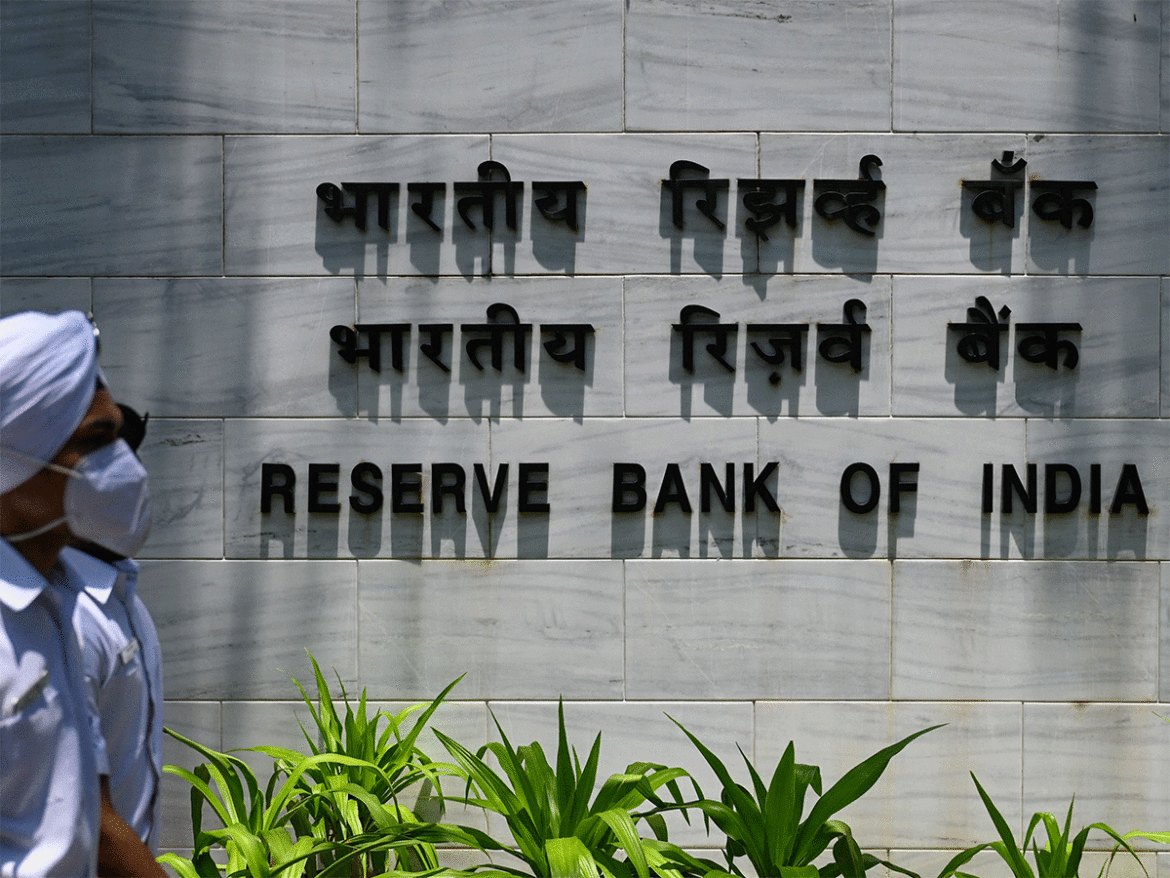 The Reserve Bank of India (RBI) recently said that it has been working towards a phased implementation strategy central bank digital currency (CBDC). While the move has been welcomed by industry stakeholders, a few statements made by RBI have stoked concerns regarding the future of virtual currencies (VCs) such as Bitcoin, Ethereum and Dogecoin. CDBCs are digital currencies issued by a central bank, and generally take on a digital form of the nation’s existing fiat currency such as the rupee.
The Reserve Bank of India (RBI) recently said that it has been working towards a phased implementation strategy central bank digital currency (CBDC). While the move has been welcomed by industry stakeholders, a few statements made by RBI have stoked concerns regarding the future of virtual currencies (VCs) such as Bitcoin, Ethereum and Dogecoin. CDBCs are digital currencies issued by a central bank, and generally take on a digital form of the nation’s existing fiat currency such as the rupee.
Speaking at a webinar organized by the Vidhi Centre for Legal Policy, T. Rabi Sankar, deputy governor, RBI on Thursday, said: “CBDCs are desirable not just for the benefits they create in payments systems, but also might be necessary to protect the general public in an environment of volatile private VCs.”
One more statement read: “Another driver is to provide the public with virtual currencies that carry the legitimate benefits of private virtual currencies while avoiding the damaging social and economic consequences of private currencies.”
In the past, RBI governor Shaktikanta Das had as well flagged concerns over cryptocurrencies.
According to Ajeet Khurana, founder, Genezis Network, a think tank for crypto startup investments, introduction of CBDCs from the point of discouraging people from participating in VCs will to not help anybody, including RBI.
“CBDC is a phenomenal technological development for the Indian rupee, but it should be seen as a response to need for higher technology, greater functionality and peer-to-peer interaction, and not as something, which takes one property from VCs and then call it superior,” Khurana added.
Meanwhile, industry executives are of the opinion that crypto assets can co-exist with sovereign digital currencies.
“RBI evaluating the launch of CBDC definitely is a positive sign; A move like this can very well put the Indian rupee in the league of global digital currencies. Also, private currencies and CBDCs can co-exist. While they (private currencies) are at a very nascent stage, they offer a lot of potential as if we identify them as an asset class,” said Ashish Singhal, CEO and co-founder, CoinSwitch Kuber.
One argument behind the need for co-existence is that crypto assets such as bitcoin and ethereum are different types of assets with different use cases than digital currencies. For example, bitcoin can exist in the economy as a store of value much gold, and it’s the regulation of other crypto assets that will benefit investors, businesses, and the future Indian economy.
“We believe that India, as a democracy, will have open discussions to address the concerns of the central bank, or any other entity. Crypto and blockchain are powerful futuristic tools and we are optimistic that the government will come up with guidelines that allow all Indians to participate in this technological revolution,” said Avinash Shekhar, Co-CEO of ZebPay.
According to experts RBI launching CBDC is a significant step, and the positive impact is that it will help showcase the true value of cryptocurrencies or blockchain. However, VCs may still play a role.
“Cryptocurrency or a blue public blockchain such as bitcoin and ethereum are not yet governed by any regulatory body. Hence, one might not be able to access a central bank digital currency, whereas in the case of bitcoin, anyone can access it from anywhere across the globe,” said Gaurav Dahake, founder and CEO, Bitbns.



